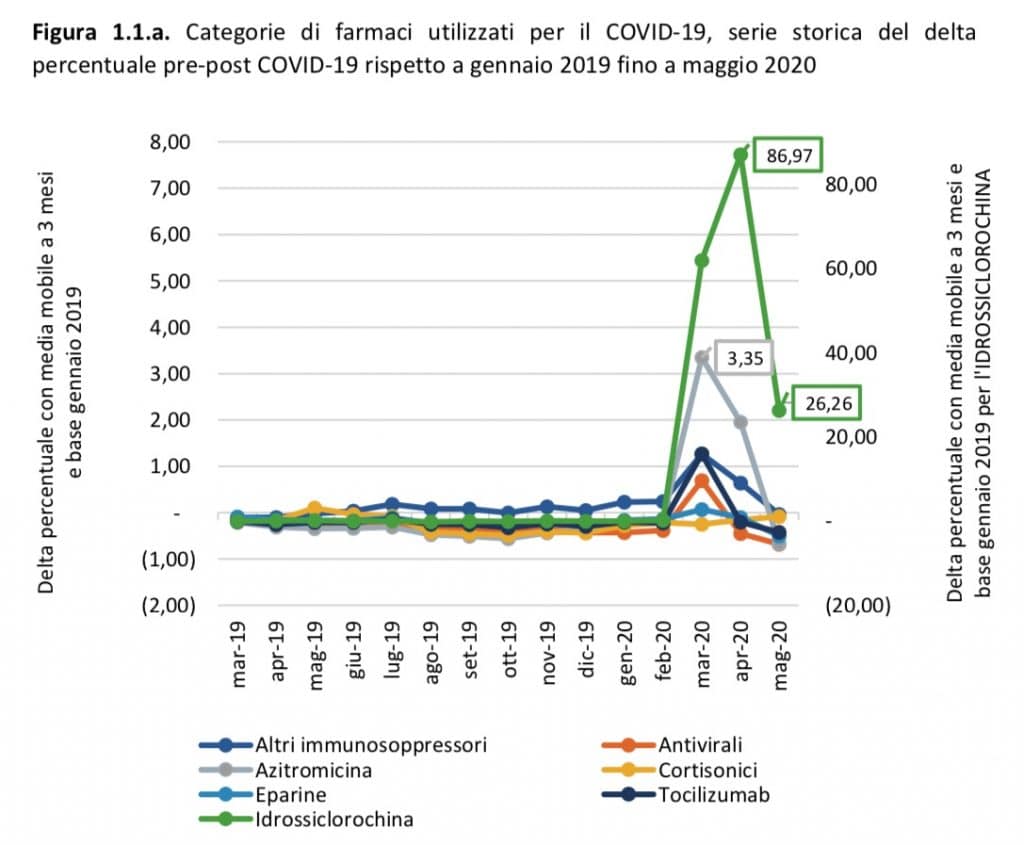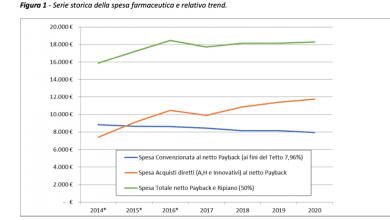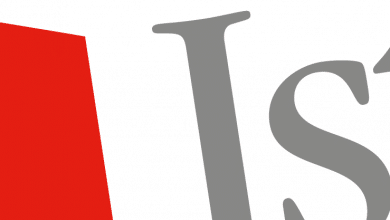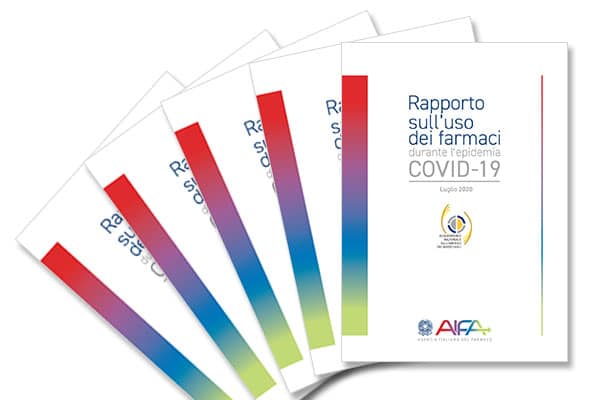
The Report on the use of medicines during the COVID-19 epidemic was presented today, created thanks to the data processed by the National Observatory on the Use of Medicines (OsMed) of the Italian Medicines Agency.
In addition to the AIFA General Director Nicola Magrini (in the picture), who opened the proceedings, was attended by the President of the  Scientific Technical Commission of the Patrizia Popoli Agency, the President of the Istituto Superiore di Sanità Silvio Brusaferro, the President of the Superior Council of Health Franco Locatelli, the President of INMI Spallanzani Giuseppe Ippolito and the Director General of the Prevention Directorate of the Ministry of Health Gianni Rezza. Moderated by Luca Richeldi, of the Catholic University of Rome and Francesco Trotta, head of the HTA and drug economics sector of AIFA.
Scientific Technical Commission of the Patrizia Popoli Agency, the President of the Istituto Superiore di Sanità Silvio Brusaferro, the President of the Superior Council of Health Franco Locatelli, the President of INMI Spallanzani Giuseppe Ippolito and the Director General of the Prevention Directorate of the Ministry of Health Gianni Rezza. Moderated by Luca Richeldi, of the Catholic University of Rome and Francesco Trotta, head of the HTA and drug economics sector of AIFA.
"I thank the colleagues of the Civil Protection Technical Health Committee - began DG AIFA Magrini - for having intervened, but above all for the fruitful and constant collaboration established in recent months to deal with the epidemic and the health emergency. We have worked hard and well, for the good of the country”.
“The Report on the use of medicines during the COVID-19 epidemic – continued Magrini – is a product of OsMed which I would define as AIFA's 'flagship tool', which has been active for 20 years now thanks to the collaboration with the ISS and other Italian institutions. The publication was processed in record time, with the same promptness with which AIFA gave a continuous and rigorous response to the emergency situation".
The document analyzes the type and consumption of drugs used in the first months of 2020 to treat the COVID-19 infection, but also those used in public health facilities to deal with the emergency, with differences highlighted between the pre-COVID-19 period , identified in the quarter December 2019-February 2020, and the following one, from March to May 2020.
The Report is made up of three sections that analyze the different ways of dispensing medicines: the channel of direct purchases, i.e. medicines purchased directly and dispensed at the structures of the National Health Service (SSN); purchases from public and private territorial pharmacies reimbursed by the NHS with a prescription; private ones paid by citizens, mainly for class C drugs.
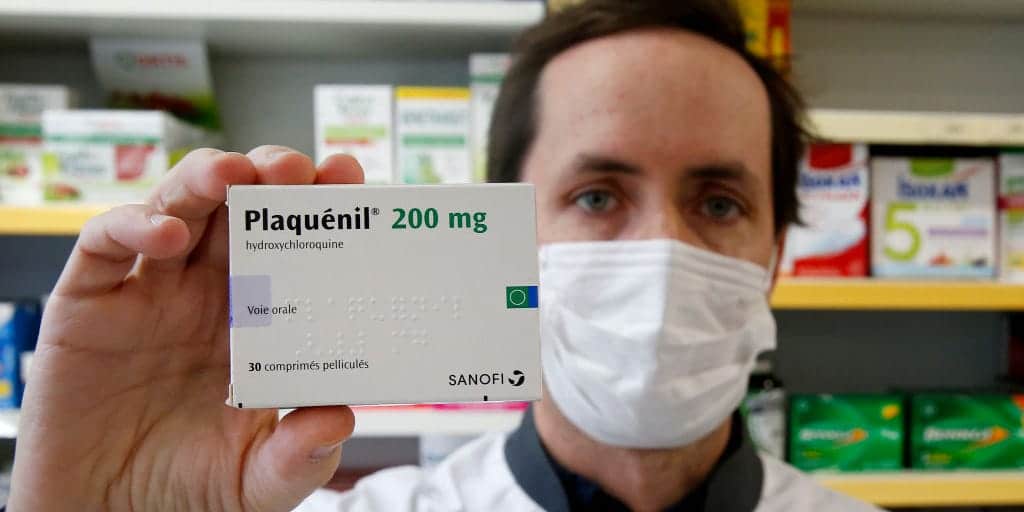 Among the drugs used to treat patients suffering from COVID-19, hydroxychloroquine and azithromycin recorded the highest consumption in the period under review. While, among the medicines used in hospital settings, significant increases in consumption are found for injections and oxygen, mainly used in intensive care. The greater consumption of general anesthetics, sedative injections and curatives is evident starting from the month of February 2020. For all these drugs, the numerous interventions to calm distribution distortions and avoid hoarding phenomena were fundamental, so as to guarantee their homogeneous and continuous availability on the whole national territory.
Among the drugs used to treat patients suffering from COVID-19, hydroxychloroquine and azithromycin recorded the highest consumption in the period under review. While, among the medicines used in hospital settings, significant increases in consumption are found for injections and oxygen, mainly used in intensive care. The greater consumption of general anesthetics, sedative injections and curatives is evident starting from the month of February 2020. For all these drugs, the numerous interventions to calm distribution distortions and avoid hoarding phenomena were fundamental, so as to guarantee their homogeneous and continuous availability on the whole national territory.
Furthermore, in the pre and post COVID-19 period, consumption for the categories of drugs used for chronic diseases remained stable, testifying to the success of the strategies implemented to promote continuity of care for chronically ill and frail patients, including the extension of the validity of therapeutic plans, the dematerialisation of medical prescriptions and institutional information.
“Especially during the emergency – Magrini underlined – we realized how only randomized trials must represent a solid research standard capable of guiding clinical practice, as demonstrated by the case of hydroxychloroquine. It is also essential to rethink international scientific research, because only from a supranational vision is it possible to find coherent positions and substantial consensus on the most useful treatments".
“There are pandemics – concluded Magrini – and they may return in the coming decades: it will therefore be important to keep what happened in our memory and possibly independently evaluate the ability to react. The pain and mourning of these months will have been useless if we are willing to accept the usual recipes”.
AIFA – Published on: 29 July 2020

